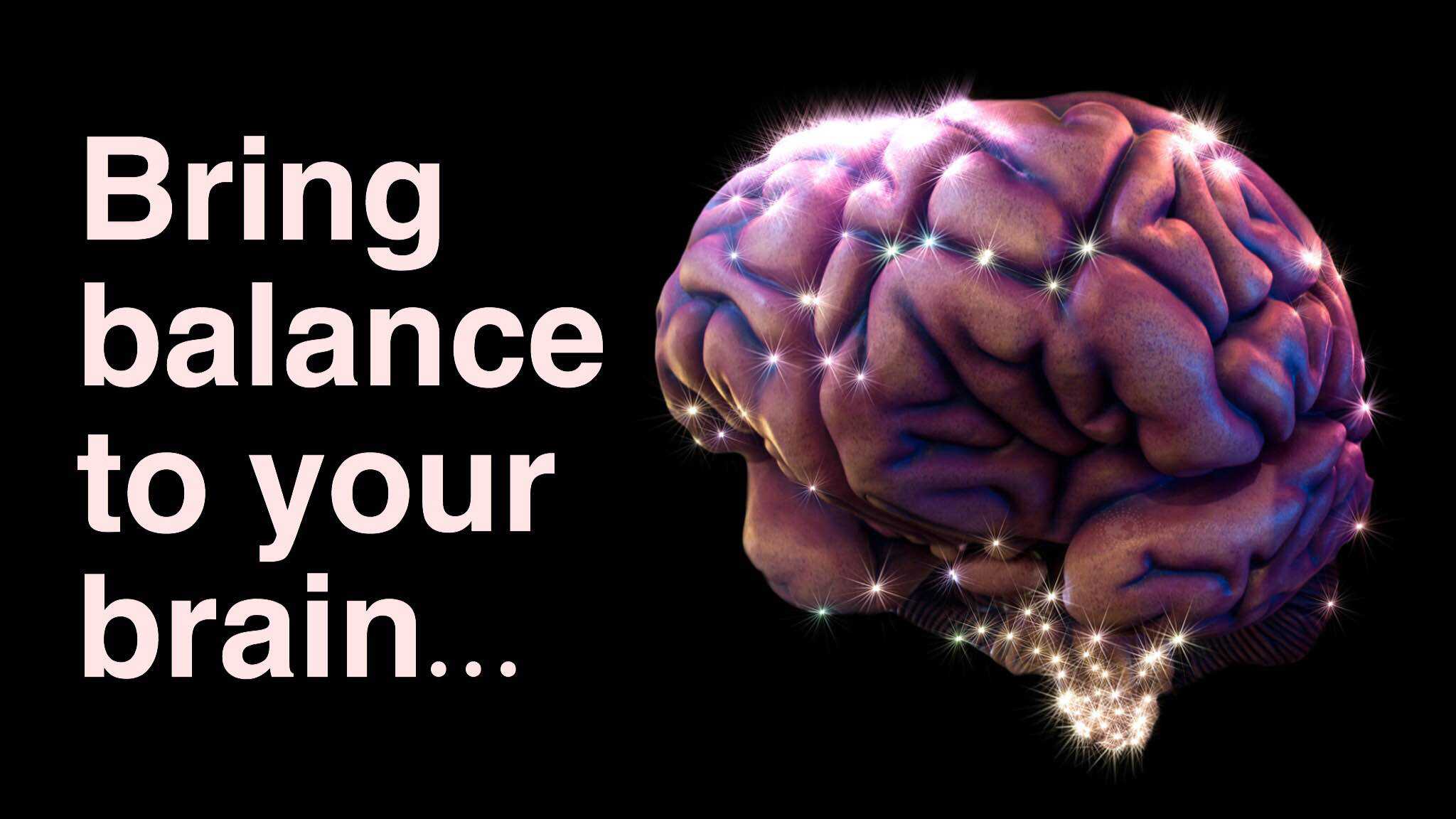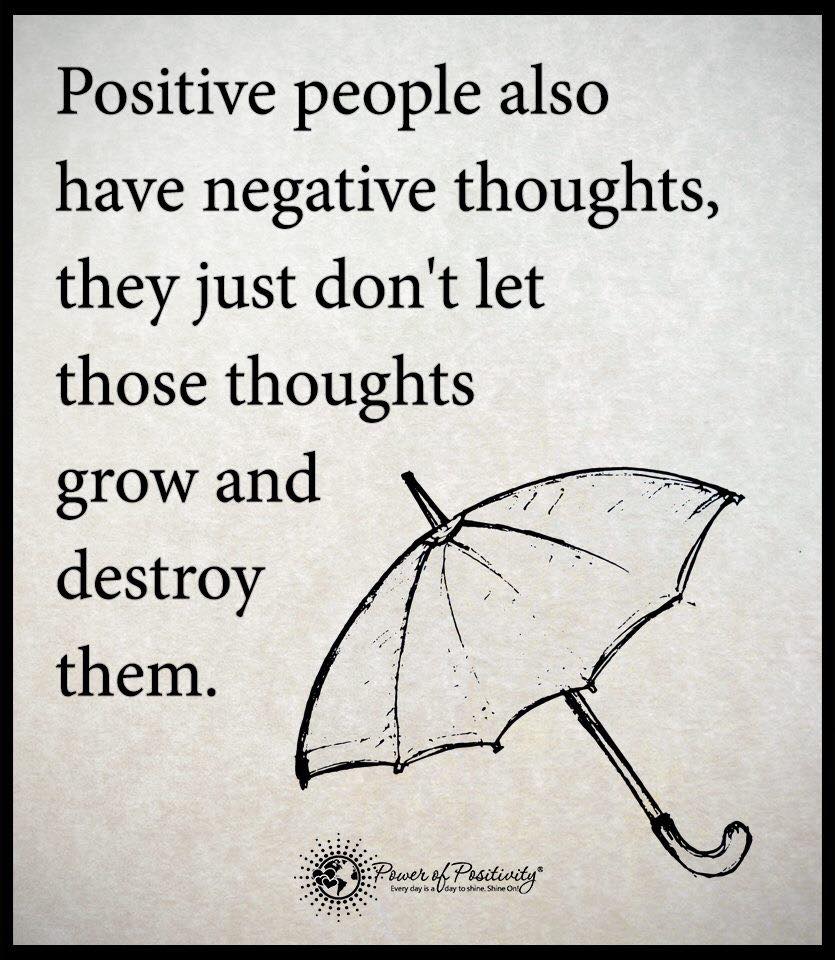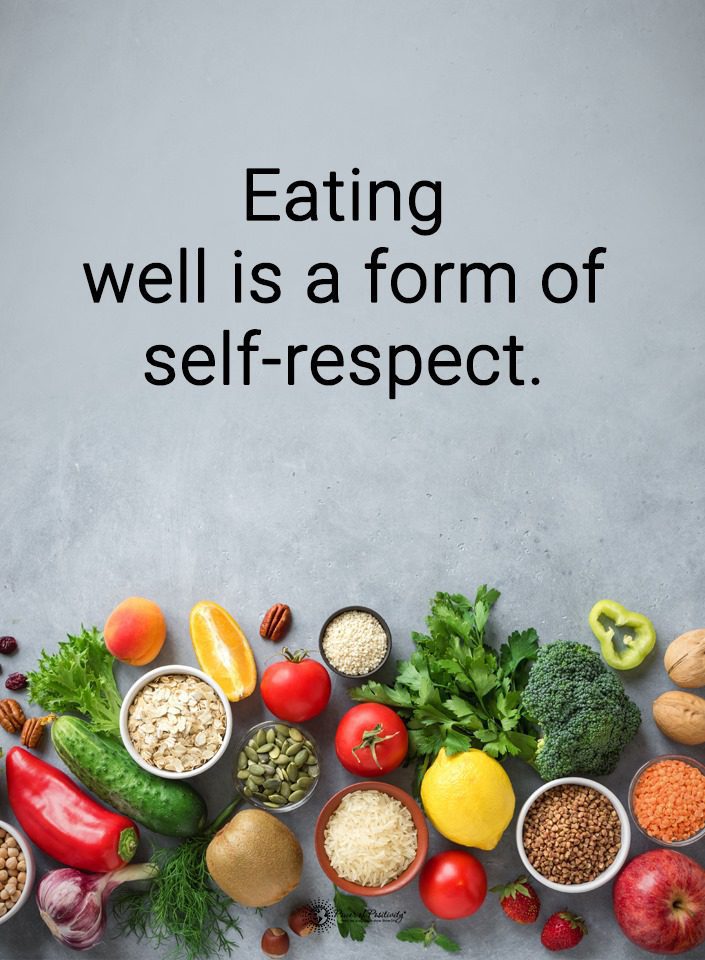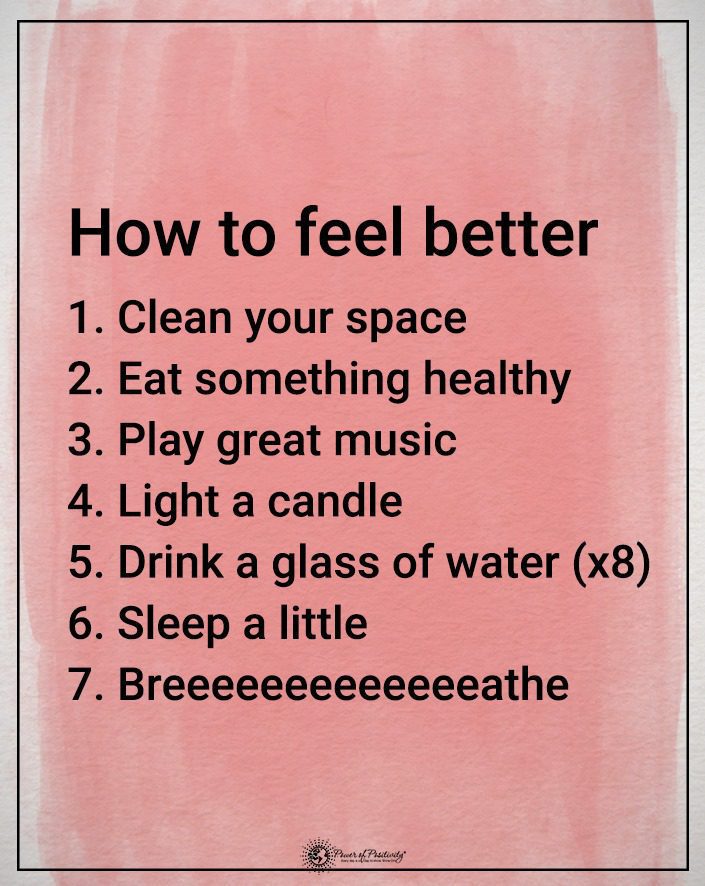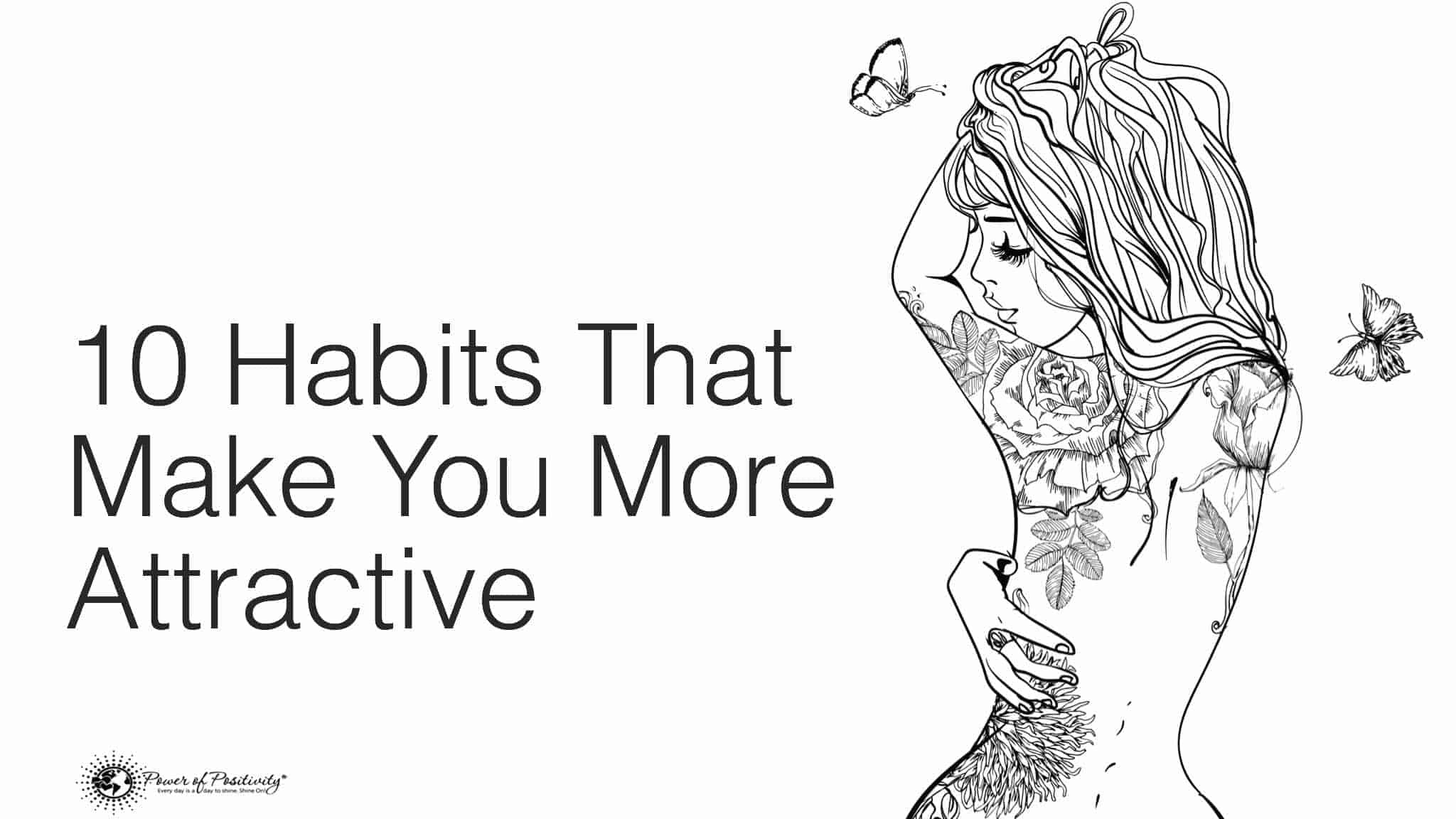When you suspect someone has hidden motives, you can feel anxious about dealing with them. In this article, we will look at five ways to spot hidden motives and how to prevent yourself from being manipulated.
5 Ways to Spot Someone With Hidden Motives
Do you think that someone is hiding things from you? Maybe you think they are not just hiding a recent purchase but hiding how they feel about you. Do you wonder whether or not they have good intentions toward you?
No one wants to be taken advantage of, and someone with hidden motives is most likely trying to do just that. You are likely correct if you feel controlled, confused, or upset after speaking to someone you think might have hidden motives. Read on to find out if you are right.
A person with hidden motives is likely acting selfishly. In our article Five Signs You’re In A Relationship With A Narcissist, we have discussed the narcissistic or selfish personality in the past.
Let’s look at some easy ways to spot hidden motives. Then we will reveal what you can do to avoid dealing with people trying to undermine you.

1. You’re picking up some unusual body language and eye contact
People who are lying have hidden motives. A liar will try to maintain very steady and slightly uncomfortable eye contact. That’s because they believe that this proves them to be trustworthy.
If the eye contact feels forced or like staring, they try too hard to maintain solid eye contact. They are probably lying. Blinking too much is also a sign of lying, almost as if the liar is trying to clear the cloud over their eyes that keeps them from seeing and speaking the truth.
2. You have negative emotions after speaking to them
When they’ve finished speaking, you feel frustrated, confused, misunderstood, and more alone than you should. One way to spot someone with hidden motives is by how they make you feel. Your negative emotions are a warning sign that something isn’t feeling right in your gut.
You should always trust your gut feelings regarding the signs of someone with hidden motives. When you have negative emotions, it’s a sign that your needs aren’t being met. Check-in with yourself and ask, ‘What do I need that I’m not getting?’ and ‘Is this person trying to keep me from getting what I need?’
3. They always seem to want the same thing
There is a single-minded focus on someone with hidden motives, and they will keep talking about what they are trying to get you to do, over and over again. You feel like you’ve heard it a million times and are about to cave into their demands. Don’t. Instead, try changing the subject as many times as needed until they get the point; you won’t cave in.
4. Use of tactics to persuade you
Your ability to be vigilant against persuasion is tested when you think you spot someone with hidden motives. This is like a game they are playing with you; the goal is to get you to act in a way that benefits the manipulative person. Refuse to act. But pay attention to how many attempts the person makes to get you to do what they want.
Persuasion is a skill that is useful when you are negotiating for the best deal on a car that you can get. It’s not something that you want to be used against you, especially if you aren’t good at resisting pressure.
This persuasion can include sexual coercion. In a study of narcissistic men, researchers found ‘narcissism constitutes a personality trait that may foster tendencies toward sexual coercion, especially given the narcissistic propensity for self-serving interpretations, low empathy toward others, and inflated sense of entitlement.’ Do not allow yourself to be talked into anything you don’t want to do, including sex.
5. You are not the focus of your conversation
A manipulative person with hidden motives is only focused on themselves. Psychologists believe that ‘failure to complete specific essential steps in the identity-formation process results in specific forms of distrust in self and others, leaving manipulative styles in place of normal feelings and expressions of confidence, respect, and mutuality.’ People with hidden motives may be at risk of developing an antisocial personality disorder.
The manipulator may pretend to be interested in your personal life. But somehow, the conversation always returns to focus on them and their needs. Not just their needs, but what they need from you to get what they want.

Final Thoughts on Dealing With Someone Who Has Hidden Motives
Once you spot that the person you are dealing with has hidden motives, you can decide to stop dealing with them. Or, you can muster the courage to tell them that you aren’t meeting your needs. A self-focused, selfish manipulator will not listen to your needs. So it is probably best to avoid dealing with them at all.

